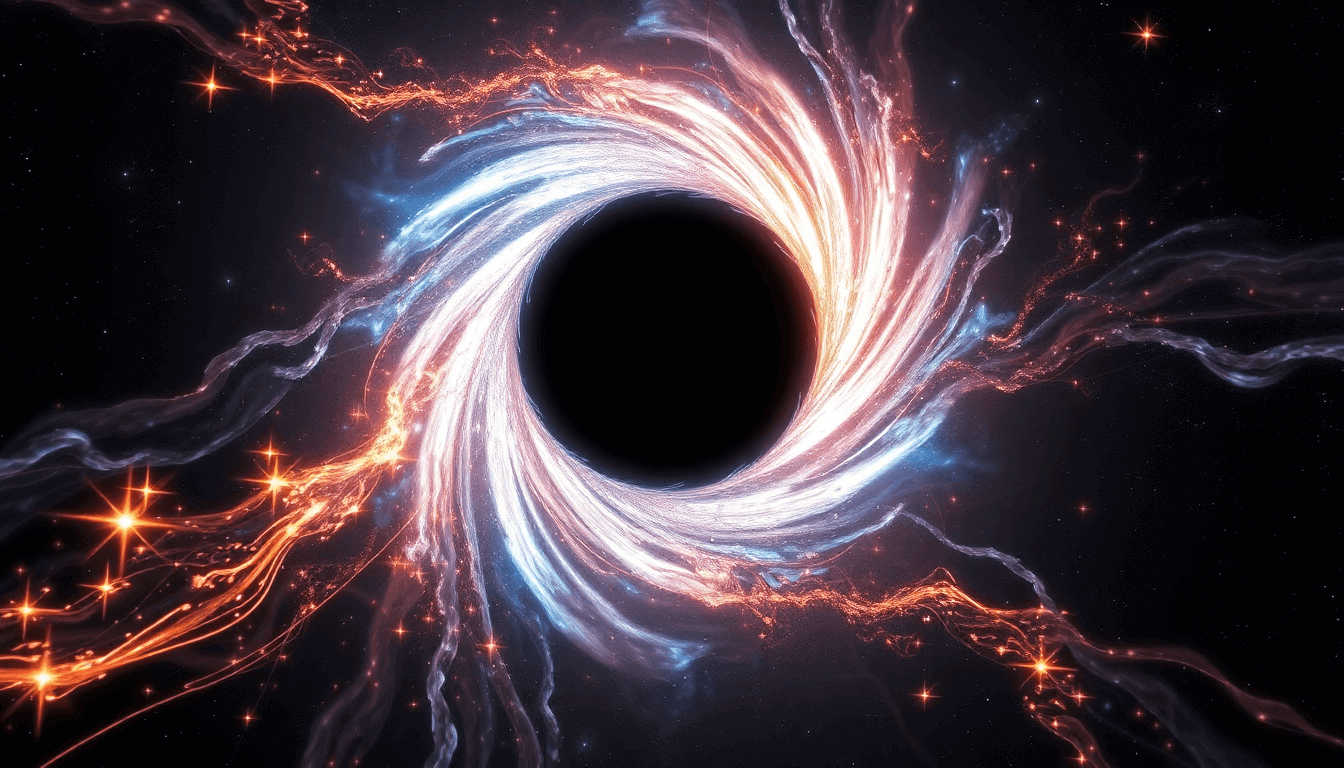The speed of light has long been considered one of the fundamental constants of the universe, a universal speed limit that governs the movement of all things. But what if this speed limit is not as absolute as we've been led to believe? In this thought-provoking exploration, we'll delve into the mysteries and controversies surrounding the speed of light, uncovering the scientific and philosophical implications that challenge our understanding of the cosmos.
The Enigma of Light
Light has captivated the human imagination for millennia, from the ancient Greeks' fascination with the nature of vision to the modern-day physicists' quest to unravel the secrets of the universe. At the heart of this fascination lies the speed of light, a value that has been measured with ever-increasing precision over the centuries.
In 1905, Albert Einstein's groundbreaking theory of special relativity revolutionized our understanding of the universe by placing the speed of light at the center of its framework. According to Einstein, the speed of light in a vacuum is a constant, independent of the motion of the light source or the observer. This radical idea upended the classical Newtonian view of the universe, where time and space were absolute.
The Limits of Light
The speed of light, denoted by the symbol "c," is approximately 299,792,458 meters per second. This value, which has been measured with remarkable accuracy, is considered one of the most precisely known physical constants in the universe. But what if this speed limit is not as absolute as we've been led to believe?
Over the years, there have been numerous attempts to challenge the universality of the speed of light. Some scientists have proposed the existence of "tachyons," hypothetical particles that could travel faster than light, while others have explored the possibility of manipulating the fabric of space-time to create "wormholes" that could allow for faster-than-light travel.
The Cosmic Conspiracy?
One of the most intriguing and controversial ideas surrounding the speed of light is the notion of a "cosmic conspiracy." This theory suggests that the speed of light is not a fundamental constant at all, but rather a carefully orchestrated illusion designed to maintain the stability of our universe.
Proponents of this theory argue that the speed of light is not a fixed value, but rather a variable that is influenced by the distribution of matter and energy in the cosmos. They suggest that the apparent constancy of the speed of light is the result of a complex interplay between the various forces and fields that govern the universe, creating a carefully balanced system that appears to be governed by a universal speed limit.
The Implications of a Variable Speed of Light
If the speed of light is not a true constant, the implications for our understanding of the universe could be profound. Many of the foundational theories of modern physics, including Einstein's theory of relativity, are built upon the assumption of a fixed speed of light. A variable speed of light could challenge these theories, forcing us to rethink our understanding of space, time, and the very nature of the cosmos.
One of the most significant implications of a variable speed of light would be the potential for faster-than-light travel and communication. If the speed of light is not an absolute limit, it could open the door to new forms of propulsion and communication that could revolutionize our exploration of the universe.
The Search for Answers
As scientists continue to explore the mysteries of the speed of light, new and exciting discoveries are sure to emerge. From the development of advanced technologies that could push the boundaries of our understanding to the ongoing search for exotic particles and phenomena, the quest to unravel the secrets of the speed of light is a thrilling and ever-evolving journey.
Whether the speed of light is a true universal constant or a carefully orchestrated cosmic illusion, one thing is certain: the pursuit of knowledge and the desire to push the boundaries of our understanding will continue to drive us forward, inspiring new generations of scientists and thinkers to explore the wonders of the universe.
Conclusion
The speed of light is a fundamental aspect of our universe, a constant that has shaped our understanding of the cosmos for over a century. But as we delve deeper into the mysteries of light and its behavior, we may find that the speed of light is not as absolute as we once believed. From the exploration of exotic particles to the search for new forms of propulsion, the quest to unravel the secrets of the speed of light is a thrilling and ever-evolving journey that promises to transform our understanding of the universe.
















